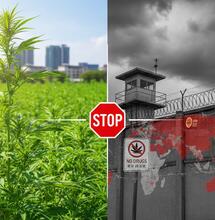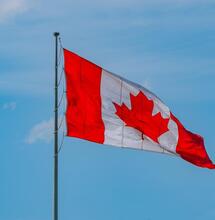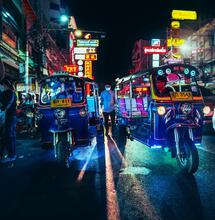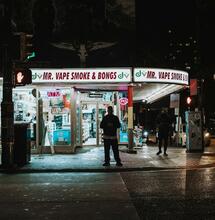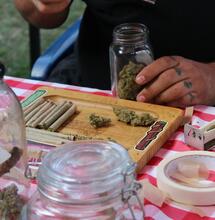Why is Cannabis Expensive in New Jersey?
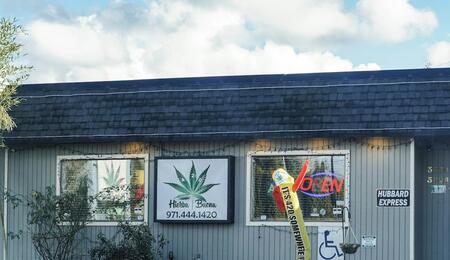
Even though New Jersey is one of the wealthiest states in the U.S., where hopes were really high for doing good cannabis business, you won’t see this market on any list of top-performing U.S. cannabis markets in 2025. Five years after legalizing, New Jersey’s cannabis scene is characterized by high prices of pot products, scarce number of cultivators, and widespread municipal sales bans.
New Jersey’s legalization was heralded as one of the biggest victories for cannabis in the U.S. Almost 70% supported recreational cannabis on the ballot - a huge margin over voters who opposed. A densely populated area with a good geographic location and strong average income, the atmosphere was that cannabis business was going to be exceptional in the Garden State. What is happening on the ground, however, has not quite met the expectations.
On paper, things do not look so bad. According to data from Headset, daily sales of cannabis right now surpass $17k, which is a solid figure. Although, it took the market many years to gross over $1 billion in cannabis sales. In 2023, the combined sales of medicinal and recreational pot products stood at $800 million. Finally last year, that number passed the $1 billion threshold.
New Jersey’s Cannabis Flower Price is Up to Three Times Higher Than Other Mature Markets
Illicit operators in New Jersey are thriving, taking the profits of licensed operators who bear the burden of high taxes and many rules to obey. A familiar problem for most legal markets, fairly speaking. However, there is one unique problem with NJ's marketplace. That is, retailers are in no position to reduce the high prices of weed.
Currently, the average cost of cannabis flower in New Jersey is approximately $10 per gram, according to reports from the state’s Cannabis Regulatory Commission (CRC), which makes NJ’s flower two-three times higher price than most other established markets.
The high price of cannabis flower is directly linked to limited supply. Where other mature markets would have at least a hundred cultivators who produce flower, New Jersey roughly has 50. That is 50 cultivators for nearly 250 shops and vendors.
Limited supply was a problem even before regulation extended to recreational use. The medical program suffered from product shortages. There were limitations also with product types. Edibles for example were only introduced in 2022; for nearly three years legal commerce went on without one of its most popular choices.
Municipal Bans on Marijuana Retail and High Taxes for Cultivators
There have been other limitations for operators as well. Such as where they can set up a business. The majority of city councils or almost two-thirds of New Jersey cities have practically banned cannabis shops. Therefore, shops are concentrated in just 160 out of 564 cities or municipalities, according to MJBizDaily. Green buds are being sold in Atlantic City, Bloomfield, Camden, Jersey City, Franklin, and Newmark.
Taxes are a real headache for cultivators in particular. The cultivation tax was increased from $20 to $40 per pound at the start of 2025. In March, New Jersey governor Phil Murphey proposed a new tax of a whopping 500%, which, if implemented, will increase the $40 tax per pound to $240 per pound. If that goes forward, it would spell disaster for the little number of cultivators that still remain in New Jersey.
More from Soft Secrets:





